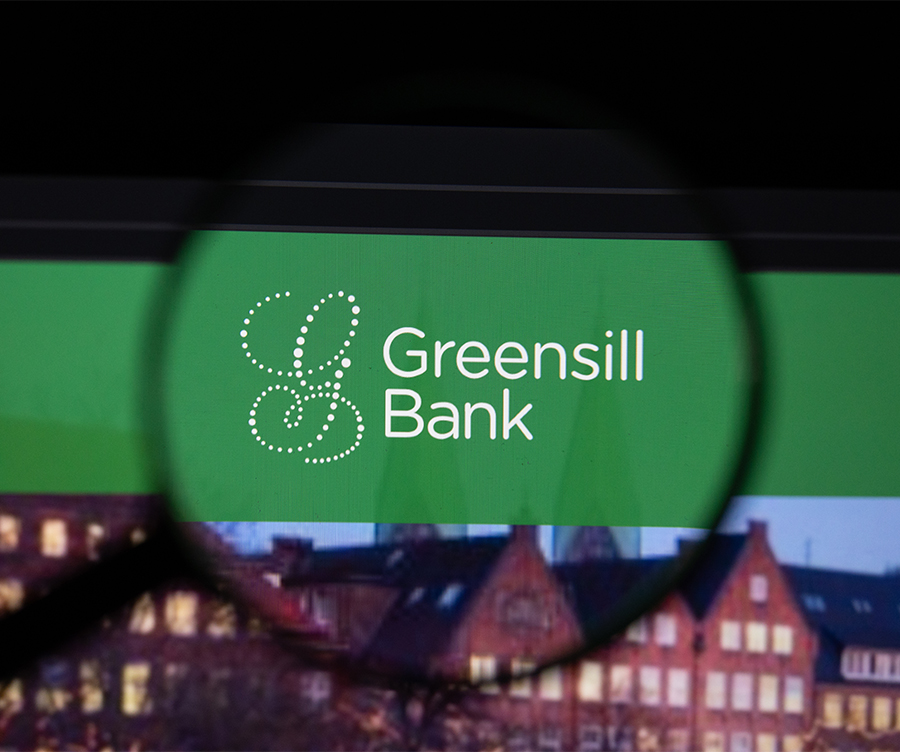Greensill has filed a cross-claim in Australia seeking payment for insurance claims totalling US$146mn, part of a legal battle over Liberty Commodities receivables allegedly based on non-existent debts.
Prior to Greensill’s collapse in March 2021, financier White Oak acquired numerous financed receivables that had not yet matured. They relate to invoices issued by Liberty Commodities companies in the UK, Singapore and Dubai to several large corporate buyers.
After Greensill became insolvent, investigations by its administrators found that those buyers “either had no amounts owing to [Liberty] or that they had no recent trade” with the company, according to court documents filed by White Oak in February this year.
The invoices do not appear to relate to future or prospective receivables, which have proven a flashpoint elsewhere in the dispute.
After the buyers did not make payment, White Oak says Liberty was required to repurchase those receivables, but has not done so.
As a result, White Oak argues it should be repaid under insurance policies underwritten by the Bond & Credit Company (BCC), acting as an agent of Insurance Australia Limited.
But in a Federal Court filing this month obtained by GTR, Germany-based Greensill Bank AG says it is still investigating whether White Oak is able to bring those claims in its own right.
Greensill’s cross-claim argues that the court should require reimbursement from Insurance Australia Limited, plus damages and costs, to either Greensill Bank or White Oak.
It argues the insurer “has unreasonably withheld, and continues unreasonably to withhold, payment of the amount it is liable to pay”.
Disputed invoices
Court documents show that between December 2020 and February 2021, White Oak acquired several payment obligations from Greensill.
The obligations relate to debts supposedly owed by large buyers, including Cargill, Mitsubishi and Panasonic, to Liberty Commodities.
White Oak’s filing says it was not informed until May 2021 that those customers actually had no debts or recent trade activity involving Liberty.
As Liberty has not subsequently repurchased those receivables, White Oak argues the amount outstanding “constitutes a debt which is insured” by Insurance Australia Limited, whose agent BCC underwrote cover for Greensill’s financing programmes.
BCC, however, has argued that if those companies were not actually trading with Liberty, then customer endorsements confirming they were, or were about to become, its buyers “were false at the time that they were made”.
In a defence filed by BCC in May last year, the insurer says this amounts to misleading or deceptive conduct, and so no repayment is due. It adds that “it is to be inferred such a practice was deployed by [Liberty] throughout the policy period”.
BCC adds those customer endorsements included statements from Greensill confirming the companies had no known or reported losses, which it argues shows Greensill had reviewed their trading activity with Liberty.
Sources familiar with the case say Greensill disputes that claim, on the basis that the information was provided by Liberty.
Greg Brereton, the underwriter of those insurance policies, says in a November 2022 filing that he “would not have signed the customer endorsements for and on behalf of BCC had he been aware of those matters”.
The case is separate from a BCC cross-claim reported by the Australian Financial Review in February, in which the insurer disputes the validity of policies where buyers were “reasonably expected by [Greensill] to become… a customer of Liberty Commodities”.
In this case, that wording – which refers to financing provided against invoices expected to be issued at a later date – is not used.
Representatives for Lex Greensill, BCC parent company Tokio Marine, and GFG Alliance, a network of companies connected to steel tycoon Sanjeev Gupta that includes Liberty Commodities, declined to comment.







